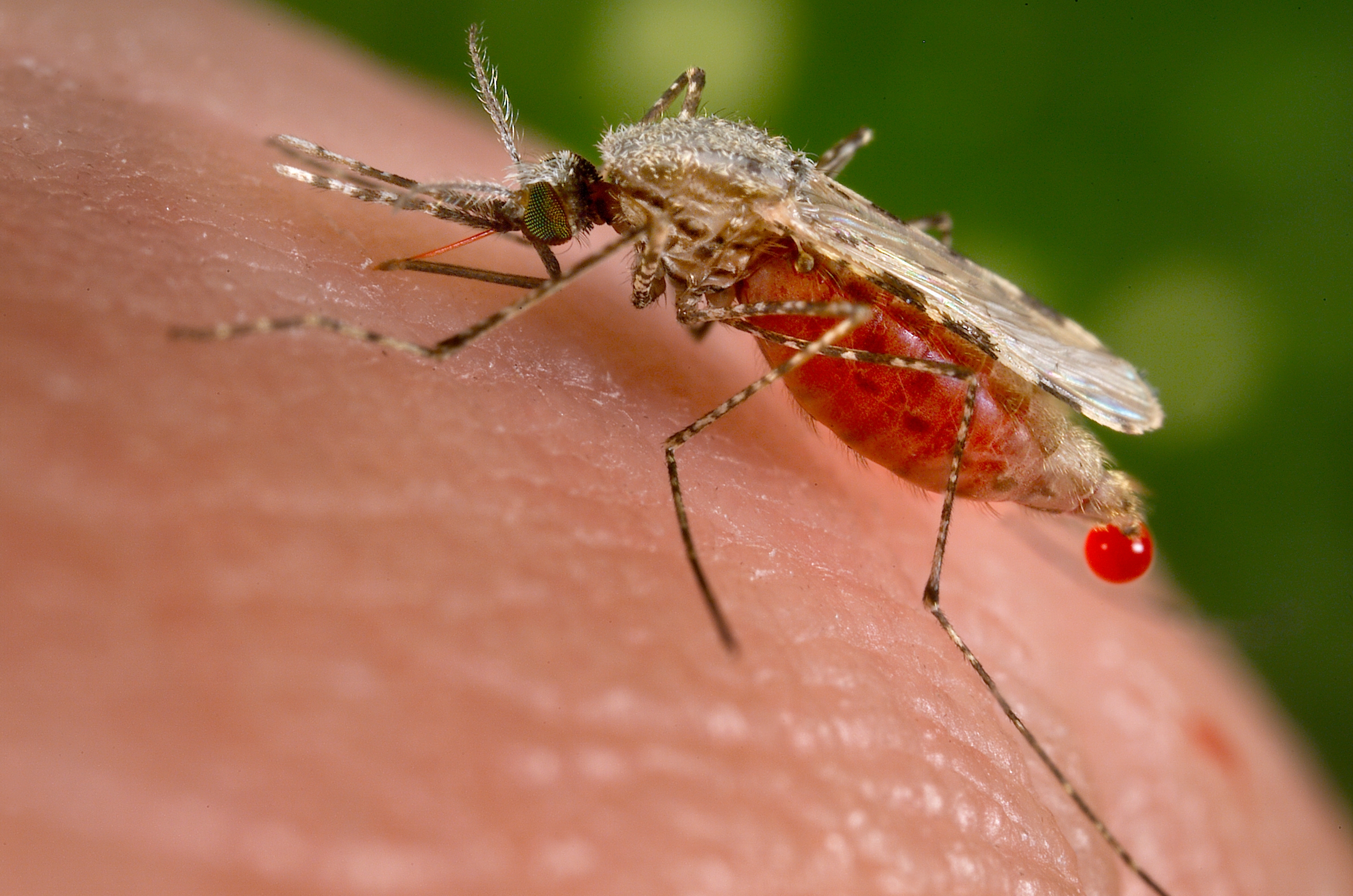What is the most dangerous animal in Africa?
The Mosquito
Responsible for an estimated 1,000,000 deaths per year
Although the tiny mosquito may look far less impressive than the other large creatures on this list, it is far and away the most dangerous animal in Africa, and the world.
Then comes the Hippopotamus, responsible for an estimated 3,000 deaths per year
With so many dangerous animals in Africa, many people often overlook the fact that the hippopotamus is actually the biggest killer of humans of all large African animals. Although hippos are herbivores, these highly territorial animals are estimated to kill an incredible 3,000 people each year. Male hippos fiercely defend their territories, which include the banks of rivers and lakes, while females hippos can get extremely aggressive if they sense anything getting in between them and their babies, who stay in the water while they feed on the shore.
Hippos weigh up to 1,500 kg, the third biggest animal in Africa behind the elephant and rhino – and can run on land at speeds of up to 30 km per hour. Combine this with their aggressive nature, agility in and out of the water, and sharp, half-meter teeth in enormous jaws and you can understand why hippos can make for such a fearsome creature to encounter.
At a distant third the African Elephant responsible for an estimated 500 deaths per year
Reaching weights of up to 7,000 kg the world’s largest land animals can often be unpredictable, with older bull elephants, young males, and elephants with babies particularly dangerous to anything that crosses their path. Unprovoked attacks by African elephants on humans are occasionally reported, usually by male elephants in must (a sexually active period when testosterone levels increase).
Whilst they may seem like relatively relaxed animals, each year around 500 human fatalities are caused by African elephants by trampling and crushing their victims. In areas where poaching occurs, or the elephants’ habitat is in danger, elephants tend to be much more aggressive.

More frequently asked questions on the Mosquito
More frequently asked questions on: Mammals
Can visitors interact with the mammals in Kruger National Park?
To what diseases are baboons susceptible?
Do lions have enemies?
What are the leopards breeding habits?
Are Klipspringers easy to spot in Kruger National Park?
What are some fun facts about Elephants?
Are there black leopards in the Kruger Park?
How many baboons are there in the Kruger Park?
Is it true that lions usually mate over a two to three day period?
How fast can hyaena run?
Is there a dominance hierarchy amongst other members of a baboon troop?
What is the gestation period for spotted hyenas?
What do porcupines eat?
What is the lifespan of a Serval?
Are male lions more aggressive than females?
What is a Klipspringer?
When do young lions become independent?
Do Honey Badgers have any predators?
What do Elands look like?
Are Porcupines rodents?
What are the pangolin's scales made of?
How much does an African Elephant weigh?
Are there any nocturnal mammals in Kruger National Park?
What is a hippo?
What do spotted hyenas eat?
How long do Suni live?
When do hyaenas hunt?
Do lions kill only when they are hungry?
Are there any predators that hunt Klipspringers in Kruger National Park?
What is the best time of day to see Elands in Kruger National Park?
Can lions climb trees?
What are the major physical features of the Vervet Monkey?
Do porcupines have any predators?
Is the leopard a solitary animal?
What are the main physical features of the cheetah?
Can Serval be kept as pets?
Are young adults expelled from the pride?
What are the normal causes of death in lions?
What do Lesser Bushbabies eat?
Are Suni endangered?
Do you want to test your knowledge on the animals of the Kruger National Park?